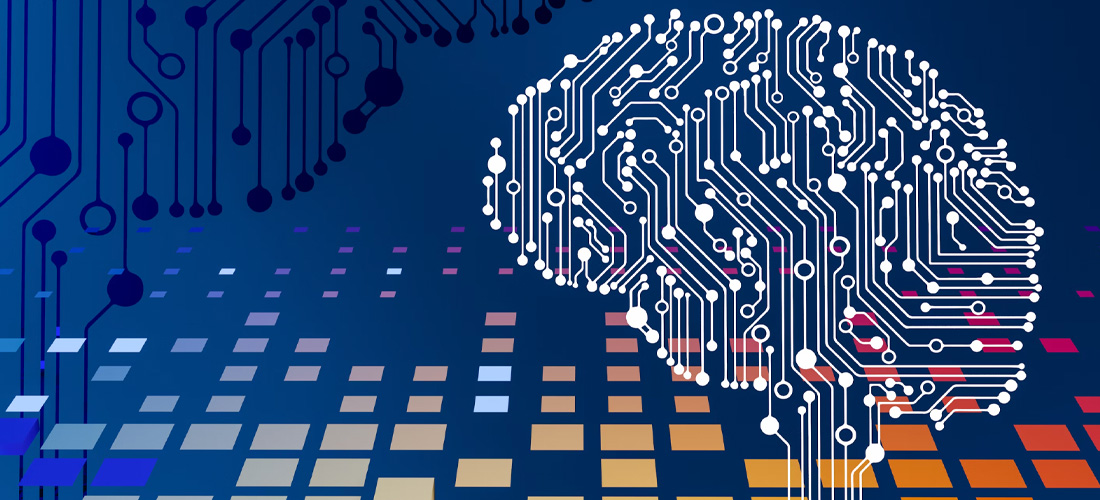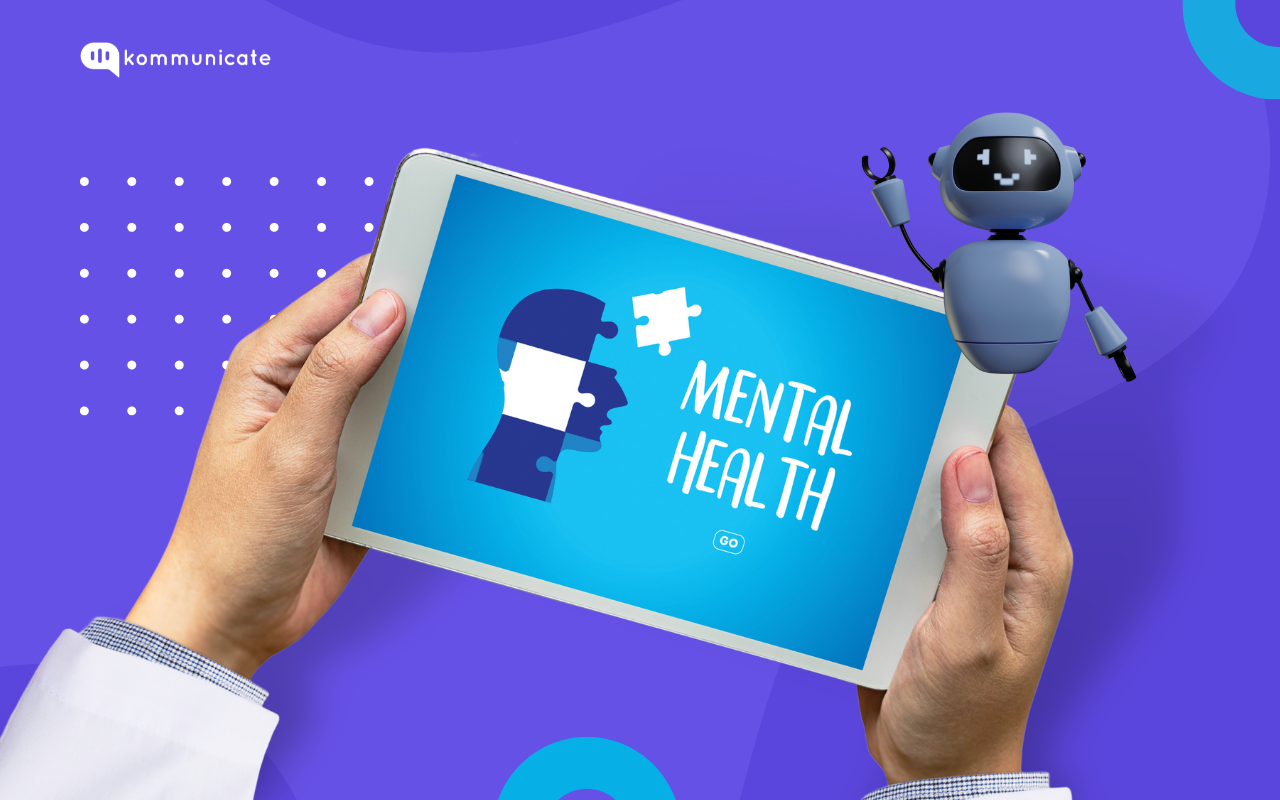Gen Z embraces ChatGPT for affordable therapy while experts warn of limitations
Young people from Generation Z are increasingly seeking therapy through platforms like ChatGPT and other AI chatbots. These AI-driven tools serve as accessible and cost-effective alternatives to traditional talk therapy, offering on-demand support to users. The convenience, non-judgmental responses, and affordability of these AI chatbots have been well-received by users, some even claiming that they have found more help through these platforms than years of conventional therapy.

Caution from licensed professionals
Despite the benefits, mental health experts caution against relying solely on AI for therapy. While AI can provide continuous empathy without fatigue and assist in various therapeutic techniques, it lacks the human touch and personalized approach that human therapists offer. Professionals emphasize the importance of intuition, clinical expertise, and individualized care provided by trained therapists, which AI chatbots cannot fully replace.
Risks of overdependence
Experts warn that overreliance on AI chatbots for mental health support can potentially hinder users' ability to develop independent coping mechanisms. Moreover, there are concerns about the accuracy of diagnoses and the risk of receiving harmful advice from these platforms. Recent incidents where AI chatbots have given unsafe recommendations highlight the importance of using these tools cautiously, especially among vulnerable populations, including minors.

Role of AI in therapy
Mental health organizations like the American Psychological Association advocate for the responsible integration of AI tools in therapy. They stress that AI should complement rather than replace professional care, particularly for individuals who may face barriers to accessing traditional therapy. The guidance from licensed professionals is essential in the development and implementation of AI-driven mental health solutions to ensure safety and effectiveness.

Despite the growing popularity of AI-based therapy solutions, experts underscore the irreplaceable value of human connection and expertise in mental health treatment. While AI can augment therapeutic interventions, it is not a substitute for the nuanced care provided by trained professionals.
For more information on this topic, please refer to our Comments FAQ.




















